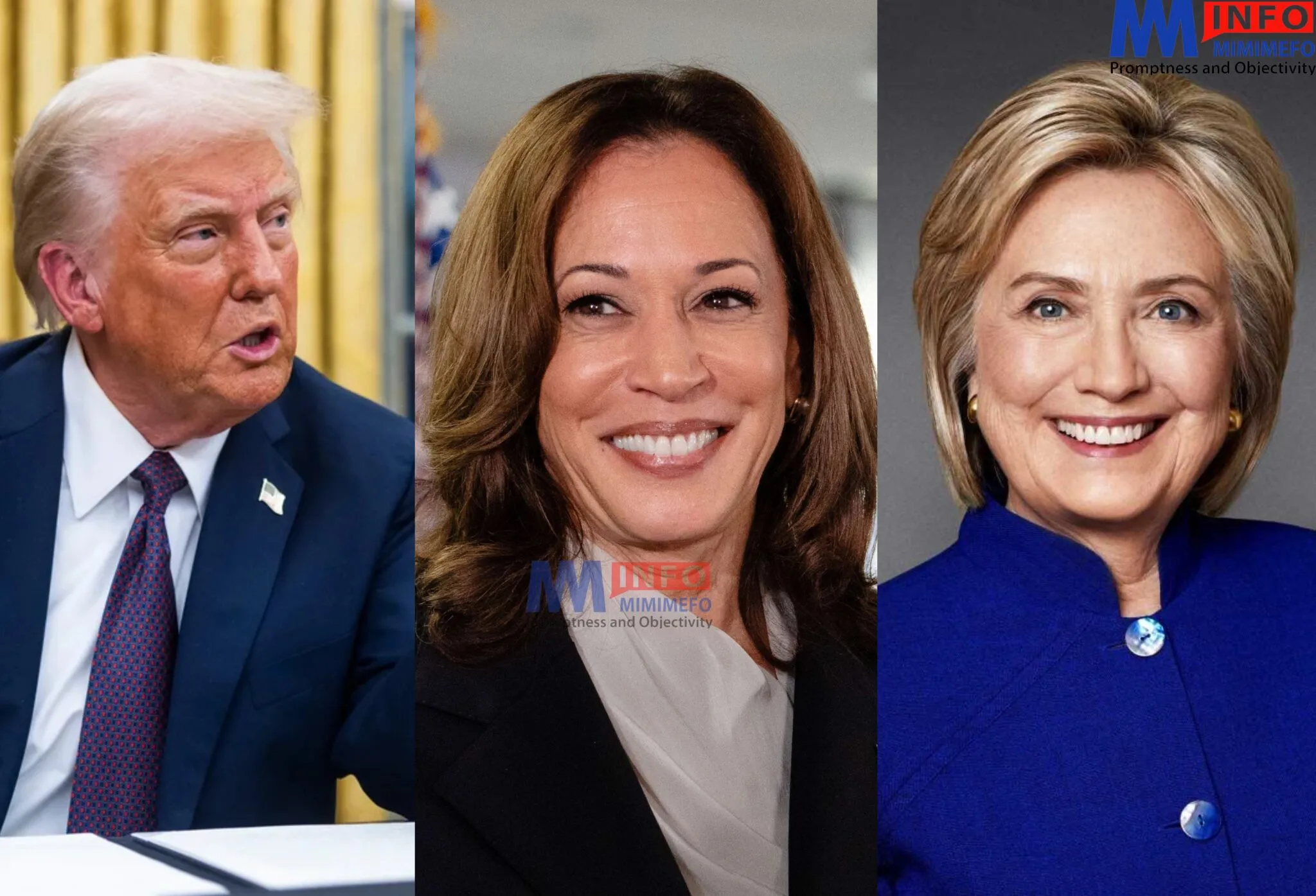U.S. President Donald Trump has revoked the security clearances of several high-profile political figures, including his previously defeated Democratic election rivals Kamala Harris and Hillary Clinton. The announcement follows Trump’s earlier decision to strip his predecessor, Joe Biden, of security clearance, which he officially confirmed in the latest memorandum.
“I have determined that it is no longer in the national interest for the following individuals to access classified information,” Trump’s statement read. The revocation also extends to “any other member” of the Biden family, a move that further deepens the political divide.
A Break from Tradition
Traditionally, former U.S. presidents and top security officials retain their security clearances as a courtesy, allowing them to offer insight on national security matters when consulted. Trump’s decision to revoke these clearances marks a significant departure from this norm.
Among those affected are former Secretary of State Antony Blinken, as well as former Republican lawmakers Liz Cheney and Adam Kinzinger—both vocal critics of Trump. Fiona Hill, a former Russian affairs adviser in Trump’s first administration, was also included on the list.
Other names targeted in the memorandum include Jake Sullivan, Lisa Monaco, Mark Zaid, Norman Eisen, Letitia James, Alvin Bragg, Andrew Weissmann, and Alexander Vindman.
Escalating Political Retaliation?
Trump had previously rescinded the security clearances of more than four dozen former intelligence officials, accusing them—without evidence—of meddling in the 2020 election in Biden’s favour. Many view this latest action as a continuation of his efforts to purge those he sees as political adversaries.
The move also mirrors a decision made by Biden during his presidency. In 2021, Biden barred Trump from accessing intelligence briefings, citing his “erratic behaviour”. Biden framed his decision as a national security precaution, while Trump’s sweeping revocations seem more politically charged.
This latest decision will fuel further debate about using security clearances as a political tool, raising questions about precedent and the future of intelligence access for former officials in an already polarised political landscape.


